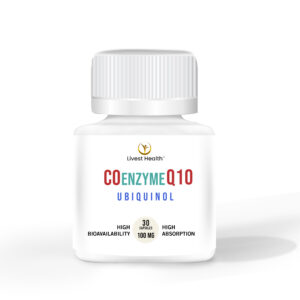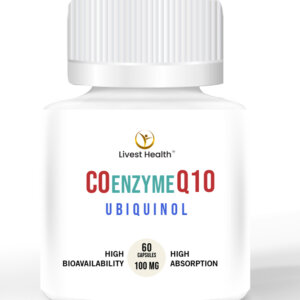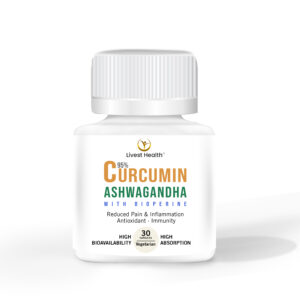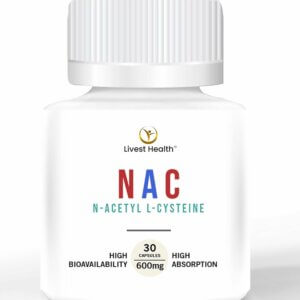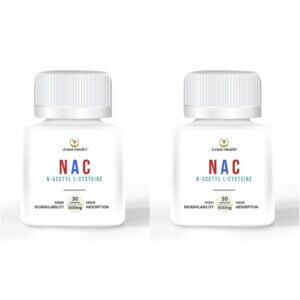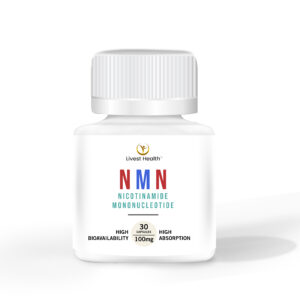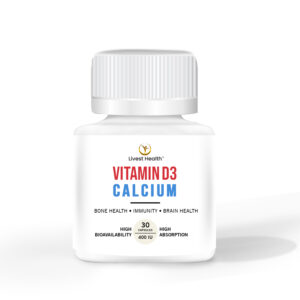Forms of Supplements
Tablets: Compressed powder in a small, hard form. They are often cheaper and contain various active ingredients but may be hard for some to swallow.
Capsules: Powder or liquid encased in a soluble container, usually gelatin or vegan. It is easier to swallow for many and might have fewer additives than tablets, though often more expensive.
Softgels: Liquid or oil-based supplements encased in a soft, gel-like shell. Suitable for fat-soluble nutrients and easy to swallow, but can be sensitive to heat.
Gummies: Chewable supplements resembling candy. They're tasty and appealing, especially to kids, but often contain added sugars.
Powders: Supplements in powder form that can be mixed with water, juice, or blended into smoothies. They offer flexibility in dosing and are often used for protein or green supplements.
Liquids: Supplements in a liquid form. They are easily absorbed and can be mixed with drinks but may have a shorter shelf life.
Lozenges or Sublingual Drops: Designed to dissolve under the tongue, allowing certain nutrients to enter the bloodstream directly. Ideal for nutrients that might degrade in the digestive tract.
Topical Creams or Patches: Applied directly to the skin, these release nutrients over time. They're beneficial for nutrients that might benefit from bypassing the digestive system.
Sprays: Liquid supplements in spray form, often designed for sublingual (under the tongue) use. They can be easily carried around and might offer rapid absorption.
The best supplement form often depends on individual preferences, the specific nutrient or compound, and the intended use.
Choosing between gummy supplements and tablets (or capsules) often comes down to personal preference, specific needs, and intended use. Both formats have their advantages and drawbacks. Let's explore these to help determine which might be better for a given individual or purpose.
Gummy Supplements

Pros:
- Taste and Texture: Children and adults who dislike the taste often favor gummies or have difficulty swallowing pills. They usually have a pleasant flavor, making them more palatable.
- Digestibility: Gummies can be easier for some people, especially those with certain gastrointestinal conditions that may interfere with the body's ability to break down solid pills.
- No Need for Water: Unlike large pills or capsules, gummies don't typically need to be taken with water.
Cons:
- Sugar Content: Gummies often contain added sugars or sweeteners to make them palatable.
- Incomplete Formulations: Due to manufacturing constraints, gummies might not hold the same amount or variety of nutrients as tablets. They might also have lower bioavailability for certain nutrients.
- Consistency in Dosage: There might be minor variations in the amount of active ingredient from one gummy to another.
- Dental Concerns: The sticky nature of gummies can be problematic for dental health, potentially contributing to cavities.
Tablets (or Capsules)

Pros:
- Comprehensive Formulations: Tablets and capsules can contain a broader range of nutrients in precise amounts.
- Higher Doses: It's easier to fit more of an active ingredient into a tablet or capsule than a gummy.
- Fewer Additives: Tablets often have fewer added sugars and artificial colors than gummies.
- Cost-Effective: Per dose, tablets and capsules are generally more cost-effective than gummies.
Cons:
- Swallowing Difficulty: Some individuals, especially children or the elderly, may struggle to swallow tablets or capsules.
- Taste: Some supplements can have an off-putting taste or aftertaste.
- Digestibility: Tablets, especially those compressed under high pressure, might be harder for some people to digest.
| Criteria | Gummy Supplements | Tablets/Capsules |
|---|---|---|
| Taste and Texture | It can have an off-putting taste or aftertaste. | It's easier for some due to the soft texture. |
| Digestibility | Don't typically need water; suitable for those who can't swallow pills. | Harder for some to digest, especially if highly compressed. |
| Consumption Ease | It might have limitations in nutrient variety and amount. | Some people find them hard to swallow, especially larger ones. |
| Sugar Content | Often contain added sugars or sweeteners. | Typically, it is more expensive per dose. |
| Formulation | It can contain a broader range of nutrients in precise amounts. | Typically contains little to no sugars. |
| Dose Consistency | Minor variations in active ingredients might exist. | Generally consistent and precise dosing. |
| Dental Concerns | Sticky nature can be problematic for teeth. | No dental concerns related to stickiness. |
| Cost-Effectiveness | It might contain artificial colors and flavors. | More cost-effective per dose. |
| Additives | Might contain artificial colors and flavors. | Fewer additives than gummies. |
Conclusion
The decision between gummies and tablets largely depends on individual needs and preferences. Gummies might be preferable for those who struggle with swallowing pills and want a tastier option. On the other hand, for a comprehensive nutrient profile without added sugars, tablets or capsules might be more appropriate.
Regardless of the format, ensuring the supplement meets the required quality standards is crucial. It's also a good idea to consult a healthcare professional before starting any new supplement regimen.
Explore Livest Health Products
-
Coenzyme Q10 (CoQ10)| Ubiquinol | 100 mg | 30 Capsules
Original price was: ₹799.00.₹499.00Current price is: ₹499.00. -
Coenzyme Q10 (CoQ10)| Ubiquinol | 100 mg | 60 Capsules
Original price was: ₹1,499.00.₹999.00Current price is: ₹999.00. -
Curcumin & Ashwagandha With Bioperine | 30 caps | Antioxidant | Immunity | Anti-inflammatory
Original price was: ₹450.00.₹199.00Current price is: ₹199.00. -
Just Date It! Pure Date Jam
₹299.00 -
N-Acetyl L-Cysteine (NAC) 30 Veg Caps 600 mg Lung Health
Original price was: ₹499.00.₹299.00Current price is: ₹299.00. -
N-Acetyl L-Cysteine (NAC) 600 mg 60 Veg Capsules for Respiratory, Lung Health and Detox
Original price was: ₹899.00.₹699.00Current price is: ₹699.00. -
NMN | Nicotinamide Mononucleotide | 100 mg | 30 caps
Original price was: ₹999.00.₹799.00Current price is: ₹799.00. -
Vitamin D3 (400 IU) & Calcium (450 mg) | Healthy Bones, Joints, & Muscles | 30 Tablets
Original price was: ₹499.00.₹199.00Current price is: ₹199.00.


